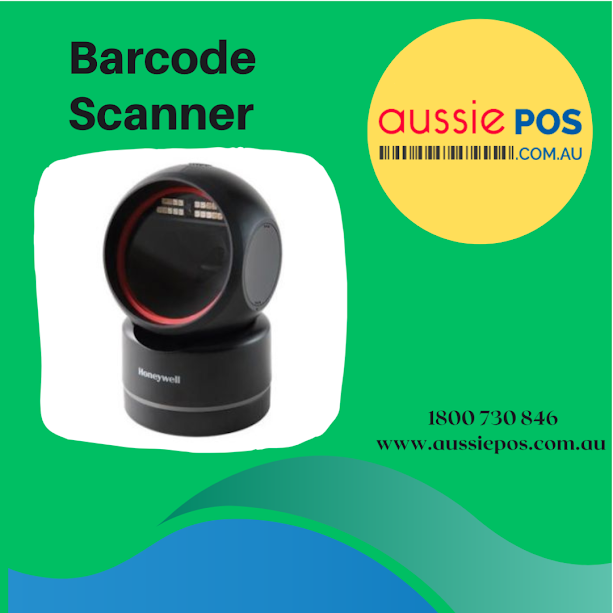The Role of Barcode Scanners in Quality Control and Inspection

I. Introduction: Quality control and inspection are crucial for ensuring that products and services meet the required standards. Barcode scanners play an essential role in this process by improving accuracy, efficiency, traceability, and data management. This article will explore the basics of barcode scanners, their benefits in quality control and inspection, their applications, choosing the right barcode scanner, and implementing barcode scanners into your quality control and inspection process. II. The Basics of Barcode Scanners: Barcode scanners are electronic devices that read barcodes and convert them into digital data. They come in various types, including handheld, fixed, and mobile scanners. Barcode scanners use light sensors to capture and decode the information contained in the barcode. III. The Benefits of Barcode Scanners in Quality Control and Inspection: Barcode scanners offer several benefits in quality control and inspection, including accuracy, efficiency, cost-effec...
.png)
.png)
.png)

.png)
